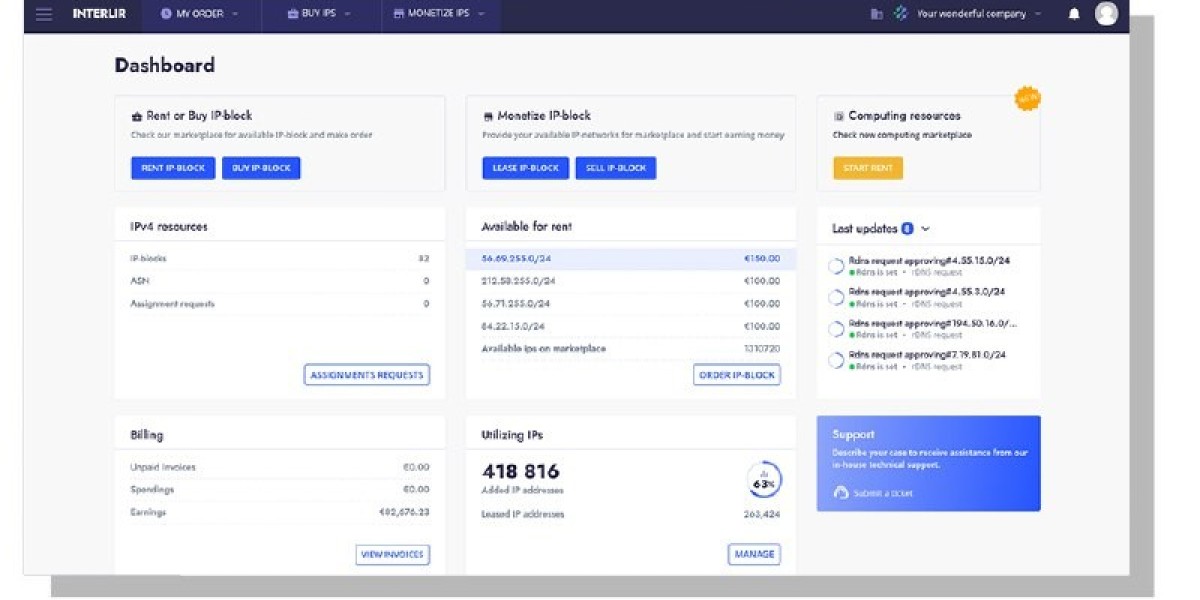Market Overview
Global Sugar Substitutes Market Size And Share Is Currently Valued At Usd 6.86 Billion In 2023 And Is Anticipated To Generate An Estimated Revenue Of Usd 11.25 Billion By 2032, According To The Latest Study By Polaris Market Research. Besides, The Report Notes That The Market Exhibits A Robust 5.7% Compound Annual Growth Rate (Cagr) Over The Forecasted Timeframe, 2024 - 2032
The global sugar substitutes market has witnessed remarkable attention over recent years, driven by increasing health awareness and rising consumer preference for low-calorie alternatives. With the growing prevalence of lifestyle diseases such as obesity, diabetes, and cardiovascular disorders, the demand for sugar alternatives that provide sweetness without adverse health impacts has significantly surged. This trend has created an expansive opportunity for manufacturers, retailers, and innovators in the food and beverage industry to cater to health-conscious consumers.
Market Summary
Sugar substitutes, also known as artificial sweeteners or non-nutritive sweeteners, are compounds used to replace traditional sugar in foods and beverages. These substitutes provide sweetness while reducing caloric intake, making them an essential component in diet formulations, confectionery, baked goods, and beverages. The sugar substitutes market is driven by an increasing focus on healthy diets and the growing popularity of functional foods, which emphasize health benefits along with taste. The market encompasses a wide array of products, including natural sweeteners like stevia, monk fruit extract, and erythritol, as well as synthetic sweeteners such as aspartame, sucralose, and saccharin.
The adoption of sugar substitutes has expanded beyond individual consumer use into industrial applications, where food and beverage manufacturers are increasingly incorporating low-calorie sweeteners into their products to cater to consumer demand for healthier options. This trend is particularly pronounced in beverages, bakery products, confectionery items, and dairy products, where maintaining flavor while reducing sugar content is a critical objective.
What Is the Sugar Substitutes Market?
The sugar substitutes market is a segment of the broader sweeteners industry focused on providing alternatives to conventional sugar with either zero or low caloric value. These substitutes are categorized into two main types: natural and synthetic. Natural sugar substitutes are derived from plant-based sources such as stevia leaves, monk fruit, and sugar alcohols, which offer health benefits in addition to sweetness. Synthetic substitutes, on the other hand, are chemically formulated to mimic the taste of sugar without contributing to caloric intake.
Consumers increasingly seek sugar substitutes to manage health conditions, maintain body weight, and reduce the risk of chronic diseases. The market also responds to evolving regulatory frameworks that encourage the use of low-calorie sweeteners and promote public awareness about sugar consumption. Additionally, the expansion of e-commerce channels has made sugar substitutes more accessible to a global audience, further propelling market growth.
??????? ??? ???????? ????????????? ?????? ????:
https://www.polarismarketresearch.com/industry-analysis/sugar-substitutes-market
Key Market Growth Drivers
Several factors are fueling the growth of the sugar substitutes market. One of the most significant drivers is the rising prevalence of obesity and diabetes worldwide. With health-conscious lifestyles becoming more common, consumers are actively looking for ways to reduce sugar intake without compromising taste. This has increased the adoption of sugar substitutes in daily diets and across various food and beverage categories.
Another driver is the growing popularity of functional and fortified foods. Manufacturers are formulating products with sugar substitutes to enhance health benefits while meeting consumer expectations for natural and low-calorie options. Additionally, advancements in food technology have allowed producers to create sugar alternatives that closely replicate the taste and texture of sugar, making them more appealing to a broader audience.
Urbanization and changing dietary habits are also contributing to market growth. As more consumers shift towards processed and convenience foods, the demand for healthier alternatives rises. Moreover, government initiatives to reduce sugar consumption, along with awareness campaigns promoting balanced diets, are positively impacting market adoption.
Market Challenges
Despite the promising growth trajectory, the sugar substitutes market faces several challenges. One of the primary concerns is consumer perception and taste preference. While some substitutes closely mimic the flavor of sugar, others may have aftertastes or altered textures that are less acceptable to certain consumers. This requires ongoing research and development to improve product quality and consumer acceptance.
Regulatory challenges also pose significant hurdles. Different countries have varying regulations regarding the approval and usage of artificial and natural sweeteners. Manufacturers must navigate complex compliance frameworks, which can affect product launches and international expansion.
Cost considerations are another challenge. Some natural sugar substitutes, such as stevia or monk fruit extracts, can be more expensive than traditional sugar, impacting affordability and large-scale adoption. Additionally, competition from other sugar reduction methods, such as sugar blends or reformulated products, may create pressure on market players.
Future Outlook
The future of the sugar substitutes market appears robust, driven by continuous innovation and increasing consumer demand for healthier options. Companies are focusing on research and development to introduce products with improved taste profiles, functional benefits, and natural origins, which align with the growing trend of clean-label products.
Emerging markets present significant opportunities for growth, as rising disposable incomes and increasing awareness about healthy lifestyles encourage the adoption of sugar substitutes. Moreover, the integration of advanced manufacturing technologies and sustainable sourcing practices is likely to enhance production efficiency and product appeal.
In the long term, the sugar substitutes market is expected to benefit from collaborations between food manufacturers, ingredient suppliers, and research institutions to develop next-generation sweeteners that cater to both taste and health. Additionally, expanding applications in beverages, dairy, confectionery, and bakery segments will continue to drive market penetration.
The focus on personalized nutrition and dietary management will further contribute to the growth of sugar substitutes. As consumers become more informed about the impact of sugar on overall health, demand for alternatives that offer reduced calories without compromising flavor will continue to rise. Coupled with innovative marketing strategies and educational campaigns, the market is poised to achieve sustained growth in the coming years.
Some of the major players operating in the global market include:
- Ajinomoto Co.
- Archer Daniels Midland Company (ADM)
- Cargill, Inc.
- E. I. DuPont De Nemours
- Ingredion Inc.
- JK Sucralose, Inc.
- The NutraSweet Company
- PureCircle
- Roquette Freres
- Tate & Lyle
Conclusion
The Sugar Substitutes Market is growing as consumers and manufacturers seek healthier alternatives to traditional sugar amid rising obesity and diabetes prevalence. High-intensity sweeteners, natural substitutes, and functional ingredients support sugar reduction in beverages, confectionery, and processed foods. Technological advancements in formulation, taste masking, and product stability enhance market adoption. Regulatory approvals and clean-label trends further drive growth. Challenges include taste adaptation and cost competitiveness. Overall, the Sugar Substitutes Market is expected to expand steadily, providing innovative, safe, and consumer-friendly solutions that cater to health-conscious lifestyles and evolving dietary preferences globally.
More Trending Latest Reports By Polaris Market Research:
CBD Oil (Cannabidiol Oil) Market
CBD Oil (Cannabidiol Oil) Market
Singapore, Malaysia, and China Corporate Secretarial Services Market
North America and Europe Open RAN Market
North America and Europe Open RAN Market








